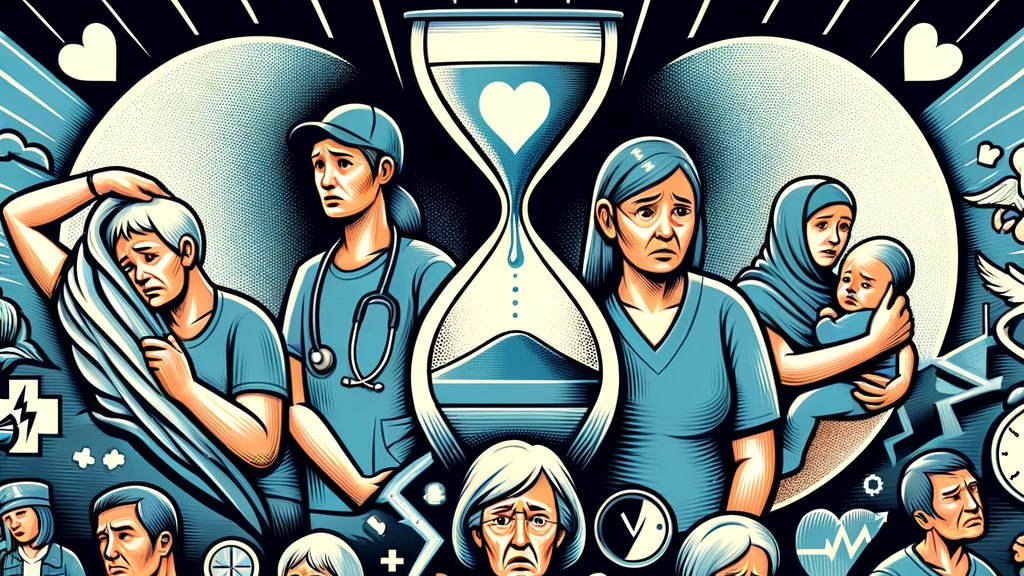In Home Caregivers Can Make Life Easier - Eldercare Systems Atlanta
At Eldercare Systems in Atlanta, we understand that the critical difference in home healthcare is the amount of care given. Our agency goes beyond basic medical service and provides essential love and care for our patients. Visit our website to learn more about our approach to elder care.

By Ellie S.
(Atlanta, GA)
I have dedicated my career to in-home healthcare since 1978, eventually founding my agency in 1988. Over the years, I've come to realize that the pivotal factor in caregiving lies in the depth of care provided. While most agencies offer essential medical services, alongside some assistance with daily tasks, our agency, Eldercare Systems in Atlanta, has strived to transcend the boundaries of basic care.
In my extensive experience, I've found that the critical distinction in improving the quality of life for our clients is the compassion and love that emanate from their caregivers. It's almost paradoxical to deliver healthcare without genuine caring. A significant portion of our patients face not only declining health but also profound loneliness. It's widely recognized that love can be the most potent form of medicine. When our patients feel cherished and cared for beyond the administration of medication and medical treatments, their overall quality of life invariably improves.
For me, this philosophy embodies the future of elder care and in-home caregiving.
Skilled Home Care versus In Home Health Care
Ellie,
I wholeheartedly concur with your sentiments. It's crucial for family members and society at large to recognize the vital role that in-home healthcare plays in enabling successful aging within the comfort of one's own home. I recently came across a disheartening article that sheds light on the caregiver crisis we are currently facing.
In a study titled "Women and Alzheimer's Disease: The Caregiver's Crisis," it was revealed that a staggering 82% of current caregivers are keeping their loved ones at home or in the patient's residence. Shockingly, 39% of these caregivers feel they have no alternative, and only 16% opt for care in nursing facilities. Despite the majority of caregivers feeling capable of providing care, 49% report being overwhelmed, 36% suffer from depression, and a striking 65% have not had a vacation in the past year.
The number of caregivers residing with their patients has doubled, with 40% of current caregivers choosing this arrangement compared to 15% of previous caregivers. Consequently, both nursing home and assisted living facility usage has declined significantly.
A closer look at the data reveals that 41% of caregivers receive regular assistance from a nurse or aide, while over 61% receive some form of regular help in providing care. Notably, 58% of caregivers are caring for their parents, 12% for their spouses, and 12% for in-laws.
Current caregivers dedicate an average of 47 hours each week to caregiving, and an alarming 58% are uncertain about the duration of their commitment. This demanding role often leaves caregivers feeling isolated, with one-third reporting dissatisfaction with their social lives, and one in four unable to enjoy a simple dinner or movie outing in the past six months.
We are fortunate to have dedicated individuals like you who genuinely love what they do and provide indispensable services to our community. Your compassionate approach is a beacon of hope in the face of this caregiver crisis.
You might also like this article:



